35+ Sample Basic Contract for Services
-
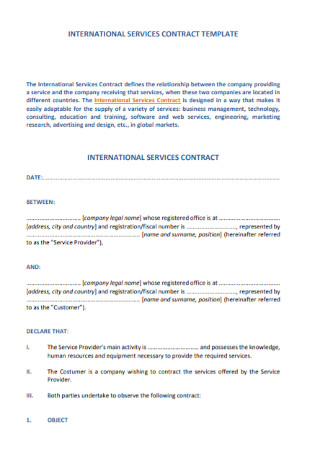
International Service Contract Template
download now -
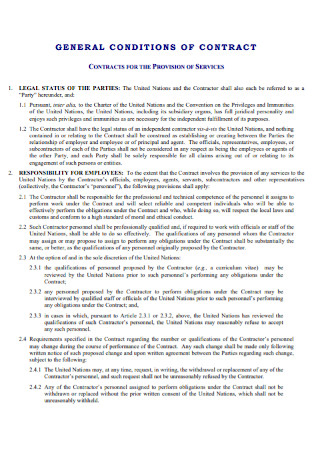
General Service Of Contract
download now -
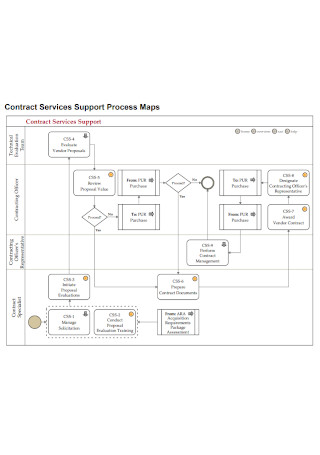
Contract of Service Support Process Maps Template
download now -
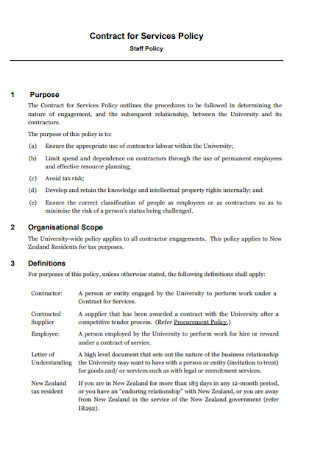
Contract for Services Policy Template
download now -
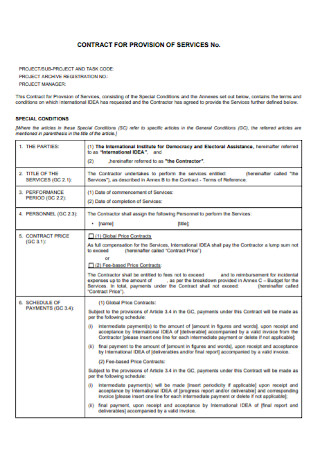
Contract for provision of Service Template
download now -
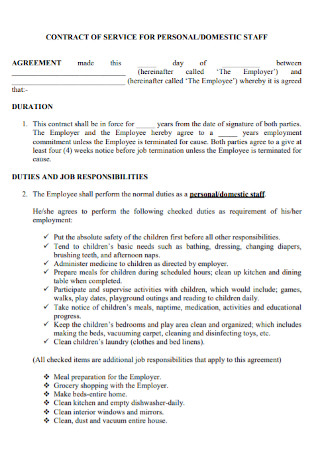
Contract of Service for Personal
download now -
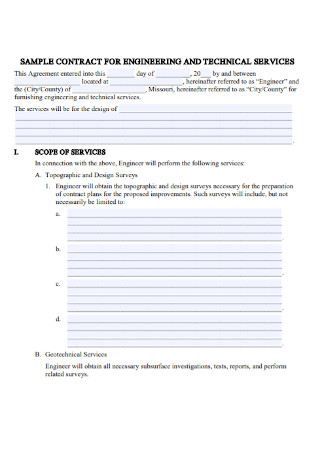
Sample Contract for Engineering and Technical Service Template
download now -
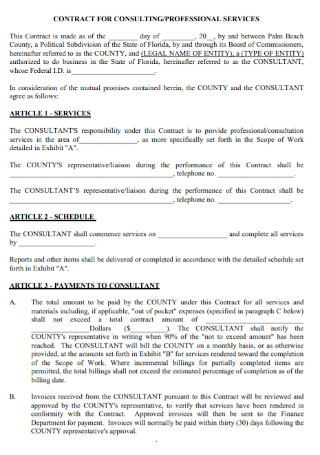
Contract for Consulting Professional Service Template
download now -

Considerations for Contract Services
download now -
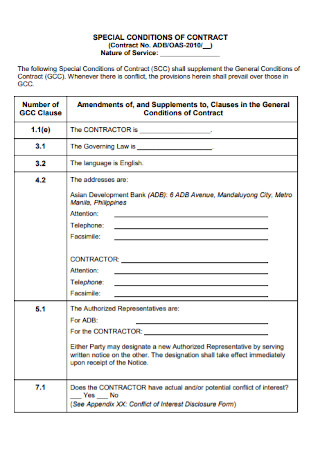
Special Condition of Contract Services
download now -
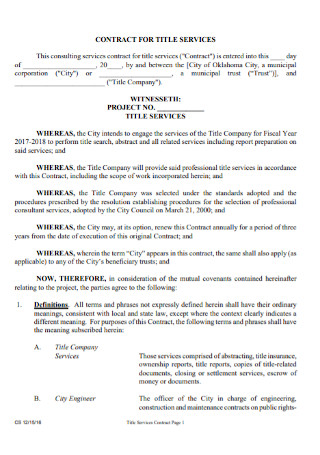
Contract for Title Service
download now -
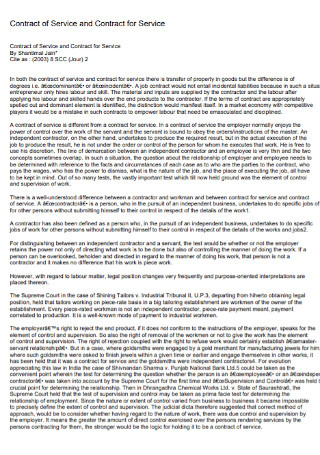
Sample Contract of Service Template
download now -
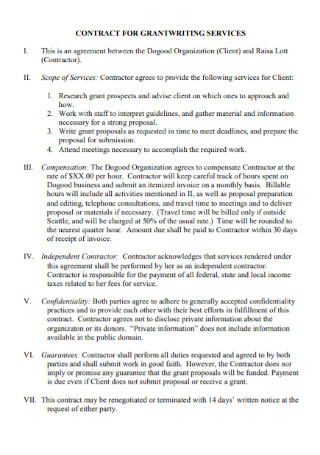
Contract for Grandwriting Service
download now -
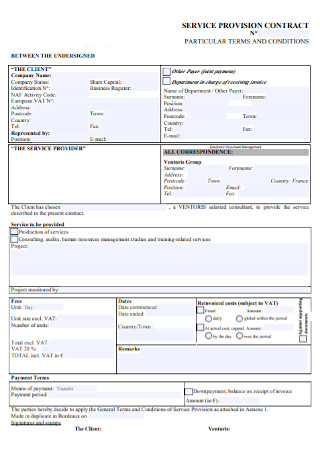
Sample Service Provision Contract
download now -
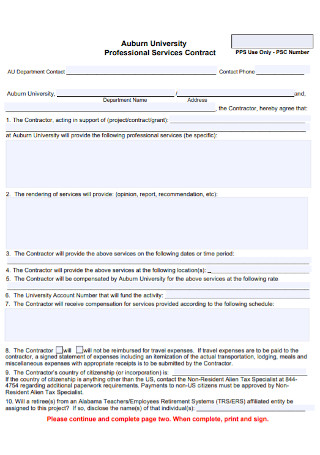
Professional Services Contract
download now -
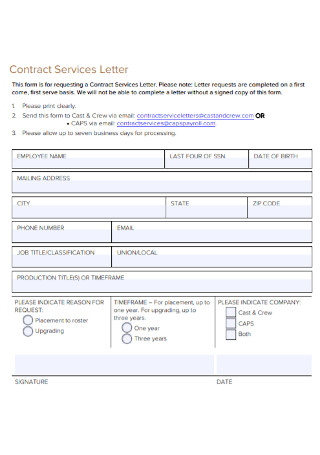
Contract Services Letter
download now -
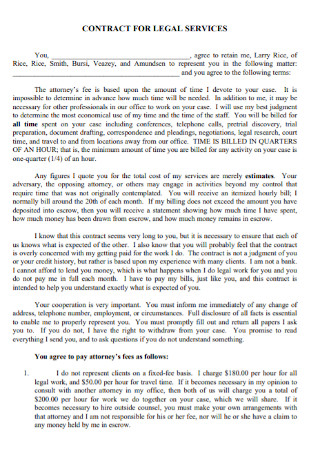
Contract for Legal Service Template
download now -
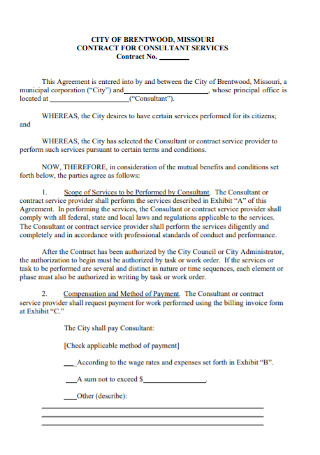
Contract for Consultant Service
download now -
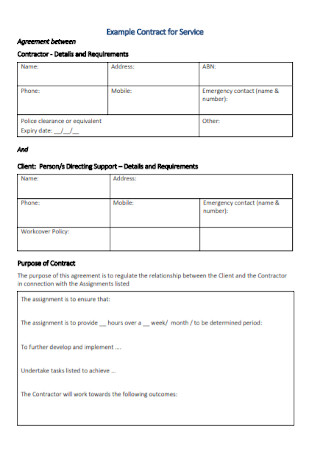
Contract for Service Example
download now -
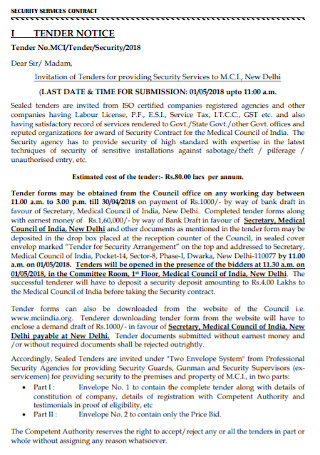
Security Service Contract
download now -
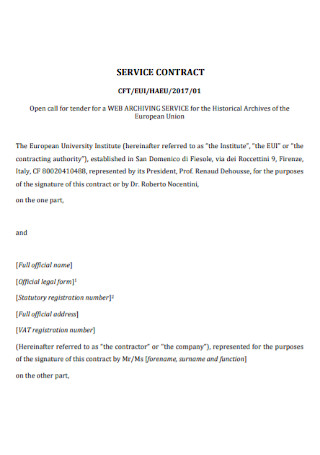
Standard Contract of Service
download now -
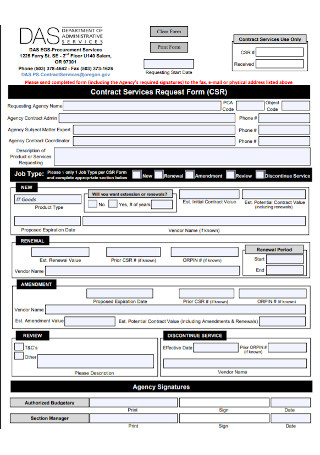
Contract of Service Request Form
download now -
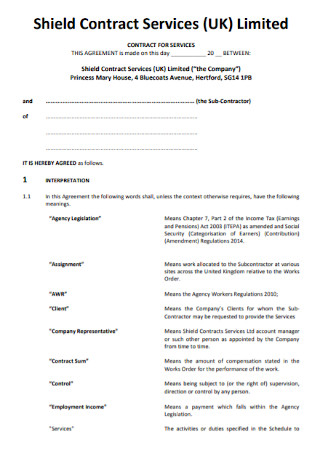
Company Contract Service Template
download now -
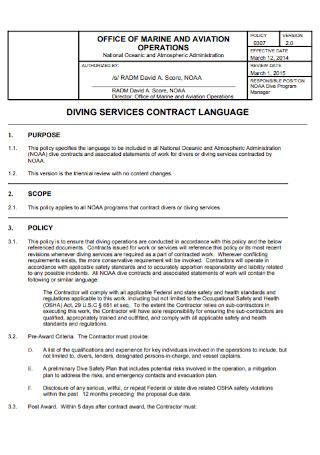
Diving Service Contract Language Template
download now -
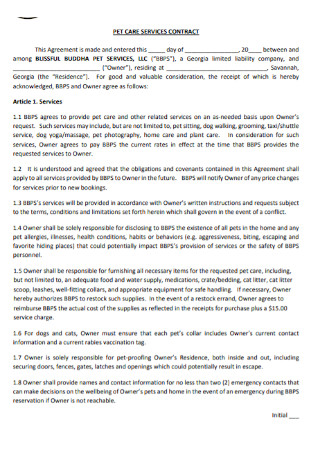
Pet Care Service Contract
download now -
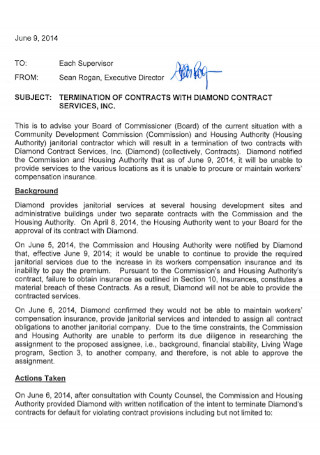
Diamond Contract of Service Template
download now -
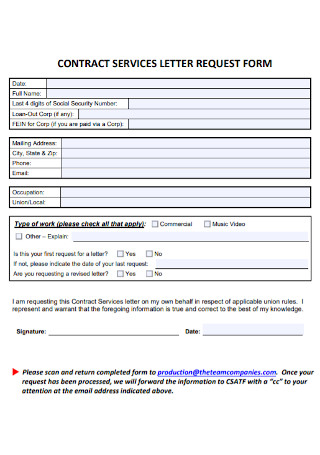
Contract Service Letter Request Form
download now -
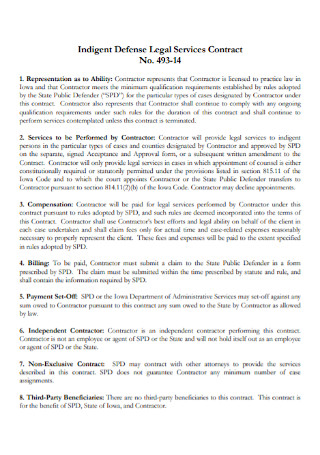
Legal Services Contract Template
download now -
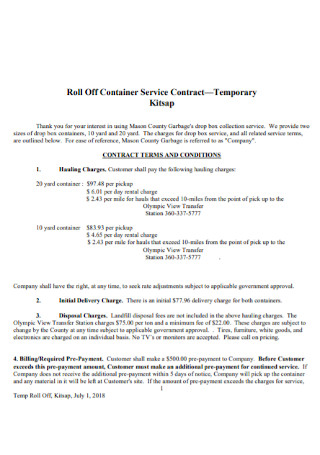
Roll Off Container Service Contract
download now -
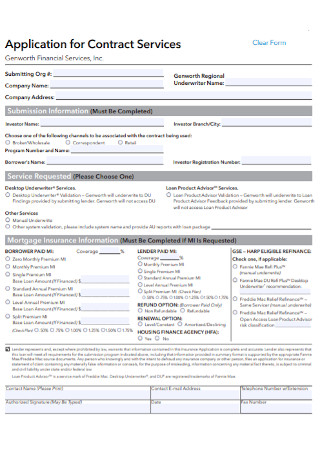
Application for Contract Services
download now -
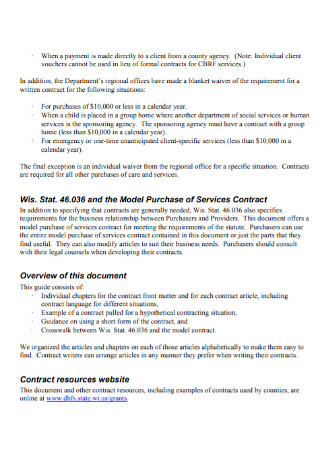
Model Purchase Contract of Service
download now -
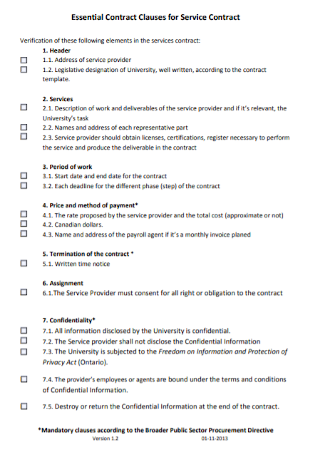
Essential Contract Clauses for Service Contract
download now -
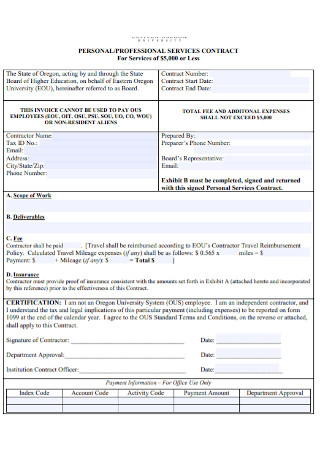
Professional Personal Service of Contract Template
download now -
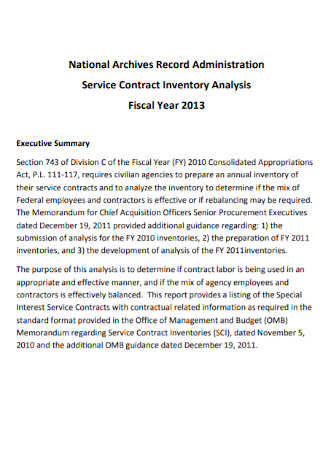
Service Contract Inventory Analysis Template
download now -
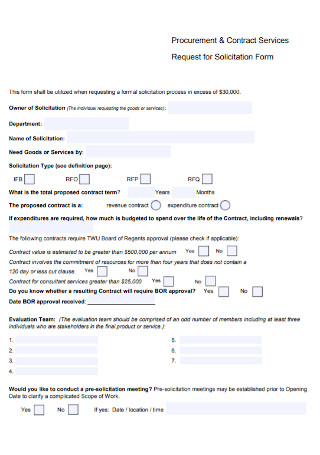
Procurement and Contract Services Request for Solicitation Form
download now -
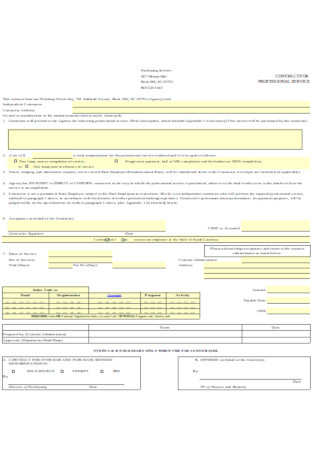
Contract for professional Service Template
download now
What is a Contract for Services?
It is an agreement entered by two parties: the contractor—one who provides the service under contract—and the contractee—one who engages the services of a contractor. Contracts for services are used in numerous transactions by different types of businesses that offer services or hire services of others. Common service agreements are employment contracts wherein an employer engages the service of another, and the latter becomes the former’s employee. Other kinds of service agreements, on a small scale, include independent contractor contracts, such as cleaning service of maids, consultancy service of an accountant or lawyer, construction service of a construction development company, and others.
Importance of Written Contracts in the Service Industry
Chances of verbal agreements resulting in future disputes due to misunderstandings are not unlikely. Existing news articles cover situations concluding the importance of putting agreements into writing to safeguard interests in business transactions. Hence, written contracts are preferable over verbal ones due to the following reasons:
They serve as primary and concrete evidence. For example, in breach-of-contract litigation, the evidence presented in court should be the contract specifying the rights and obligations violated by either party. Therefore, businesses prefer a written agreement instead of a verbal one.
They help prevent misunderstanding. A well-written contract clearly defines the terms of each parties’ undertaking. It provides guidelines to follow and how the business transaction should flow. Basically, it represents what the parties agreed upon; it’s a picture of the agreement.
They define the scope of the obligations and rights of the parties. Clearly stating the obligations and rights of the parties is essential in drafting contracts because they clarify the future liabilities of the parties. Legal accountability arises when one party fails to do his obligation under the contract or violates the right of the other. Therefore, it is essential to include the manner of his liability. A liability clause in a contract answers the question, “in what way will he be liable?”. Most agreements lean on monetary options to answer for liability, such as payment of damages.
They ensure confidentiality. Non-disclosure clauses and confidentiality clauses are popularly incorporated in contracts now. They ensure that business details or specific transaction details remain confidential and are kept secret from the public to protect both the company and the client.
Contracts are legally binding. It is crucial for the parties involved to make negotiations until they reach a mutually beneficial agreement. And once both parties sign the contract, they are legally obligated to honor the terms and conditions stated in the legal document.
Key Provisions in Contract for Services
Generally, contracts come in different writing formats. Its structure may differ from one contract to another or from one company to another, but its standard elements are the same. The structure of a contract’s content should not omit the standard provisions of such legal document. These provisions are essential elements of a basic contract. So, when drafting a contract for services, it is important to include the provisions below.
Types of Basic Contracts for Service
In this capitalist system, numerous services are made widely available to consumers. A person can easily hire the service of another to perform a task on his behalf; in the process, they enter into a service contract setting the terms and conditions of the agreement. Below are some common and basic contracts for service.
1. Entertainment Contracts
The entertainment industry typically uses these contracts. This agreement involves a performer, also called—in the context of this particular contract—as an entertainer, who provides entertainment services to the client. The entertainer can be a singer, a dancer, a band, an artist, or any person hired to perform an act that brings enjoyment and amusement.
2. Management Service Contracts
The parties in a management service agreement are the management services provider(MSP) and the client. The client is either an individual, a partnership, or a corporation who owns a business and engages the services of a third party—the MSP—to manage over the business. The MSP has operational and administrative functions. As such, it is in-charge of different aspects of the client’s business: payroll of the employees, keeping and accounting of company records and receipts, and other specific management roles stated in the management service contract.
3. Construction Service Contracts
A construction agreement is used in construction projects; wherein, a project owner engages the services of a construction company or a contractor to participate in the construction process. The construction company or the contractor is in charge of providing the labor, materials, and other equipment involved in the construction process.
4. Financial Service Contracts
If you’re having trouble dealing with and handling your finances, it would be best to hire professionals in the financial service field. Financial services include a vast range of services including but not limited to investment programs, consultancy, tax sorting, accounting, auditing, insurance application, credit and savings management, loan, and mortgage application.
5. Event Planning Service Contracts
It is an arrangement wherein a client hires the services of an event planner to be in charge of coordination and over-all set of a special event. This may include finding a place to host the event, providing a theme, food, decorations, and other accommodations.
6. Security Service Contracts
From its name, it involves the hiring of security guards to safeguard the perimeters of a business establishment or an individual’s physical safety and the like.
How to Write a Basic Contract for Services
We’ve established that it is crucial to put an agreement in writing, primarily to safeguard the business interest of the parties involved in the agreement. We’ve also introduced the different key provisions in a contract for services. So, how do you write a contract for services? Below are some tips to help you create and write your own contract for services.
Step 1: Prepare an outline
Organizing your thoughts is vital in writing. Also, preparing an outline is important; it acts as a blueprint of the final written contract. By providing a bullet form draft, you can easily recognize key points and can expound them later. Brainstorm what clauses you want to include in the contract, but don’t forget to include the key provisions discussed earlier in this article.
Once you’ve made an outline that provides all points you want to include in the contract, you can now fill it out with subpoints to further discuss and expand the main idea. Subpoints are minor points or descriptive words or phrases supporting and furthering the main thought of a heading.
Step 2: Decide on a format.
The best format is in written form, either printed or electronic. One cannot easily manipulate printed formats. However, they are susceptible to loss and damage. On the other hand, electronic formats can be manipulated but are difficult to lose and damage since you can make several copies of it and save it to different hard drives. Electronic formats can either be in doc., pdf., text, etc. It is up to you which you find convenient and best suits your business.
Step 3: Identify Key Provisions
As discussed earlier, there are basic provisions you should include in writing contracts. Entering into a business transaction is always risky, that’s why contracts are commonly used in business transactions—to mitigate the risk and safeguard interests of businessmen and clients. To reiterate our previous discussion, essential provisions which a basic contract for services should contain are party identification, stating rights, obligations, and liabilities, payment scheme, the scope of work, schedule, confidentiality clause, and dispute resolution clause.
Step 4: Define the Service
Be clear on what services you are offering the client. By stating the type of service you provide and defining it in a simple and clear language a client can understand, you can prevent future disputes. Set the perimeter—what does your business offer, and what activities does it cover? If possible, be very specific and leave no room for interpretations.
Step 5: Know the Applicable Law
Contracts are legally binding documents; they have the force and effect of law between the parties who have signed it. However, before we speak of the legality of the contract, we must ask, “what law governs the contract?” Different countries have different sets of laws that regulate business contracts entered into in their jurisdiction. Some countries require a contract to be properly notarized by a lawyer for it to be binding on the signatories. Thus, before entering into an agreement, research on local laws and ordinances which may affect the validity of the service contract you have drafted. Proper research pays well in the future.
Preparation, organization, and research are vital in contract making. Before you can create a contract you should prepare yourself mentally and intellectually. Organize your thoughts and important details you want to include. Lastly, research and absorb useful information you can use in the contract making process.
If you’re still having trouble writing your own basic contract for services and the above tips are of no help to you, just hire a lawyer to write one for you. It saves you the time and effort but not the money. But if you don’t want to hire a lawyer to do it for you and want a cheaper alternative, browse on our website, and maybe you’ll find a contract that fits your preference.
